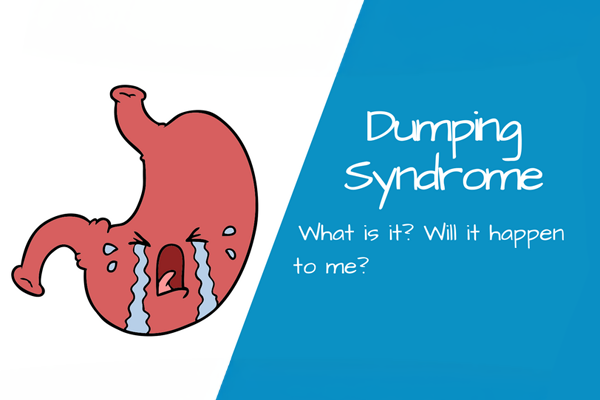
Dumping Syndrome: The Not-So-Glamorous Side of Bariatric Surgery
When I started my bariatric journey, I promised myself one thing. I would be honest about it. I share the highs, the wins, the weight loss, and the increased energy. But I also share the struggles, the complications, and the not-so-glamorous side. Today, I want to talk about one of the side effects that many people do not know about before surgery. It is called dumping syndrome, and for a lot of us, it is something we live with long after the operation.